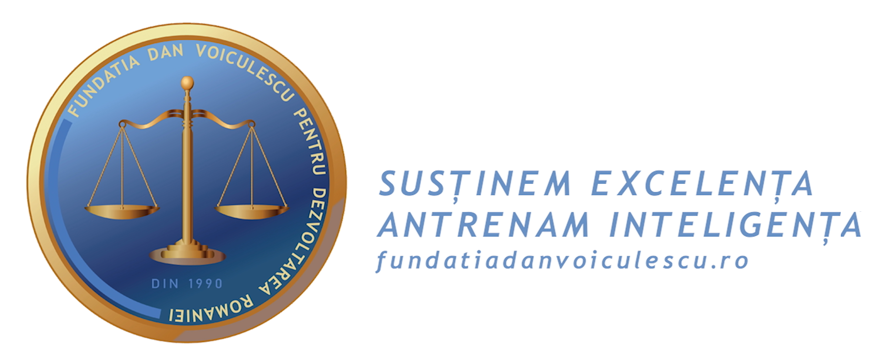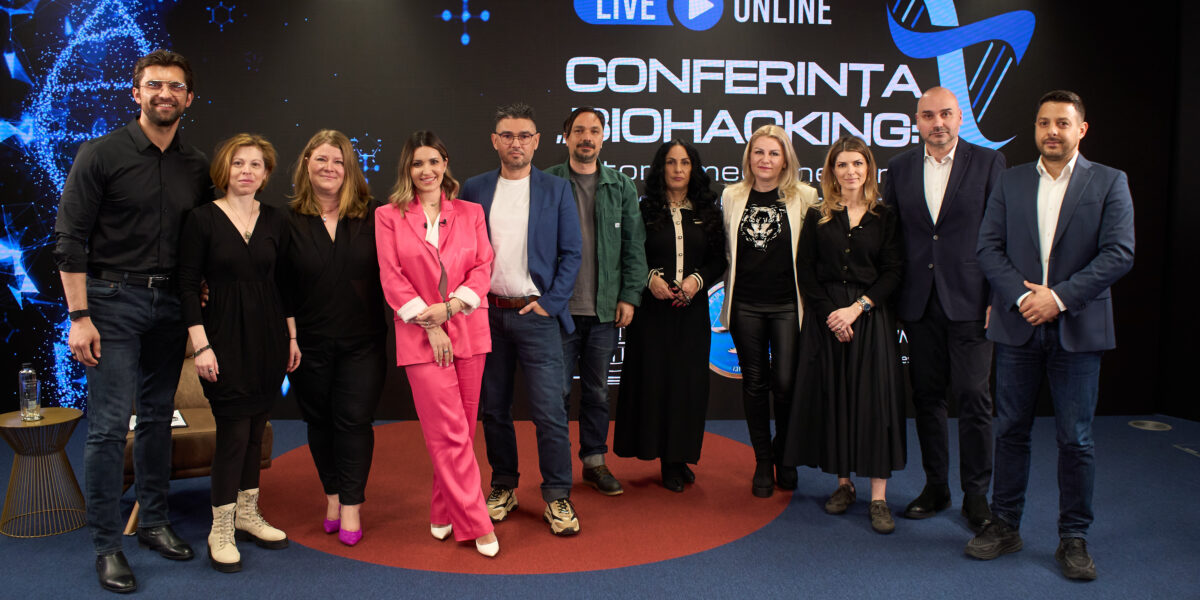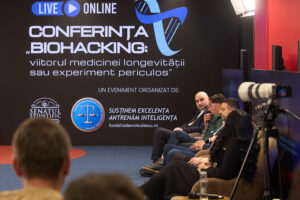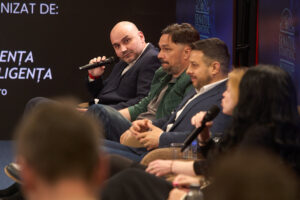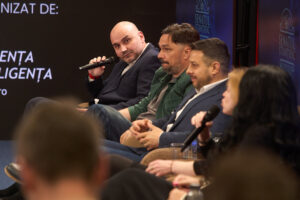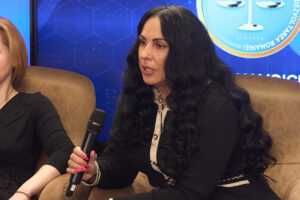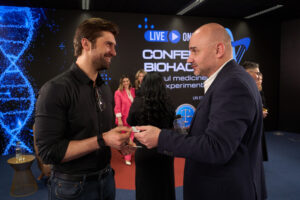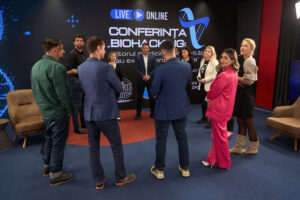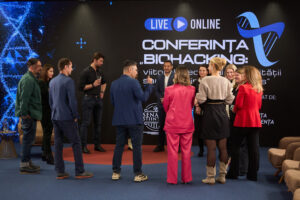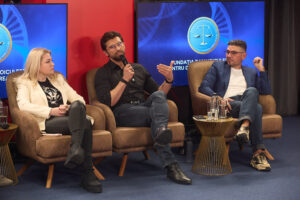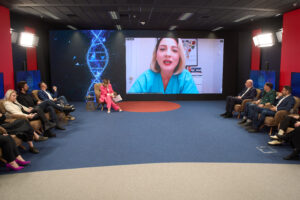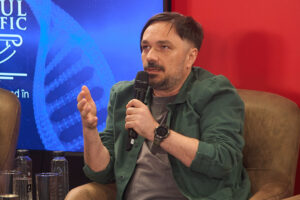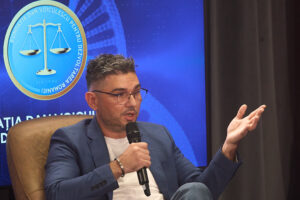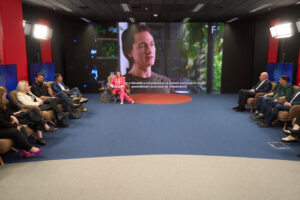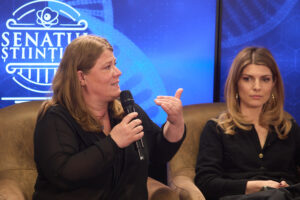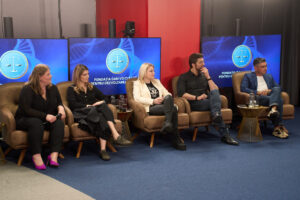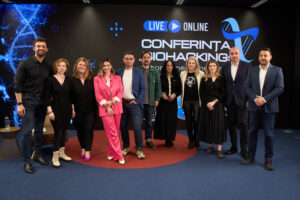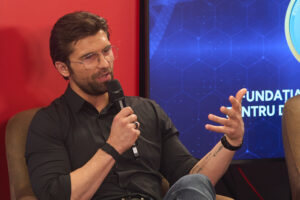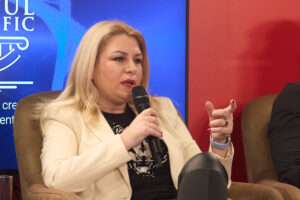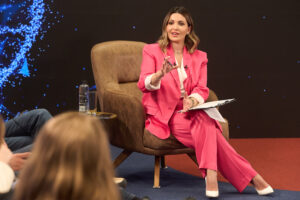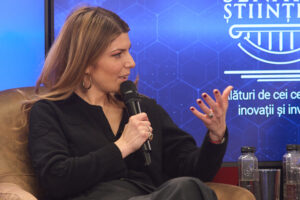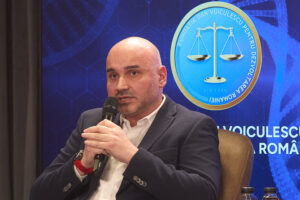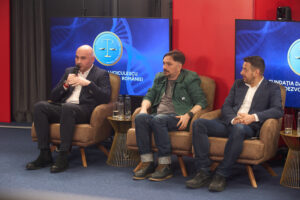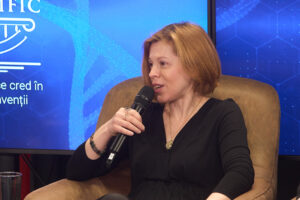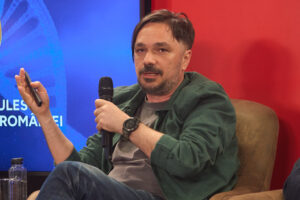In a context in which personalised medicine, active prevention and health optimisation technologies are gaining more and more ground, the Scientific Senate of the Dan Voiculescu Foundation for the Development of Romania organised, for the first time in Romania, the conference "Biohacking: the future of longevity medicine or dangerous experiment?". The event brought together experts in precision medicine, psychology, advanced nutrition, biotechnology and biomedical research, together with recognised practitioners of the biohacking phenomenon.
The concept of biohacking, which proposes interventions with the objective of optimising bodily functions and decelerating the ageing process, has been examined from multiple vantage points. These include both those grounded in scientific validation and personal experimentation that have yielded encouraging outcomes.
Gabriel Peșa, a biohacker and advanced nutrition specialist, has devised one of the most provocative interventions. At the age of 52, he asserts that he has successfully diminished his biological age to approximately 30 years through the implementation of bespoke protocols. In his own words, when he was 18, he set out to achieve a lifespan of 1,000 years. Biohacking, he asserts, is not a magic pill, but a complex process of adaptation and personalisation. Key elements contributing to this balance include nutrition, amino acids, hydration, sleep, and stress management. He further elaborates on the concept of anti-aging, stating that it is often misinterpreted. He asserts that this term does not signify a process of slowing down, but rather, it is a method of optimising certain biological processes that contribute to the maintenance of youth. Gabriel Peșa further posits that advancements in artificial intelligence will facilitate the refinement of these interventions to align with the unique genetic blueprint of each individual.
In the domain of technological innovation, biotech entrepreneur Andrei Botescu expounded on algorithms capable of estimating blood sugar and cholesterol levels through the analysis of facial expressions. He expressed his conviction that technological progress should be accessible to all members of society. He argued that if these methods remain inaccessible to the majority due to cost, it would not contribute to progress but would instead lead to a new form of discrimination. He emphasised the importance of ensuring that advancements in longevity benefits everyone, stating that "longevity must be for everyone."
From a medical perspective, Dr. Emanuela Mercore Huțanu, president of the Romanian Society of Lifestyle Medicine, delivered a cautionary note, emphasising that there are no expeditious solutions for long-term health concerns. "Lifestyle medicine is the foundation. Prioritising beneficial daily habits is crucial, as she emphasised, emphasising the need to focus on fundamental lifestyle modifications, rather than resorting to immediate solutions such as dietary supplements or advanced technological interventions.
Integrative psychotherapist Alina Perșa pointed to the impact of chronic stress, often ignored in discussions about longevity. "We have patients who follow perfect protocols on a physical level, but fail to manage their anxiety or trauma. Brain mapping helps us identify neurological responses to stress and personalize interventions," she explained.
Raluca Prodan, founder of the Longevity Clinic, provided further insight into the matter by presenting data on genetic and nutrigenetic tests, which have been shown to be useful in adapting lifestyle to the needs of each individual. "The objective is not to adhere to a transient dietary regimen, but rather to adapt our lifestyle to the insights provided by our genetic profile."
On the other side of the spectrum, Răzvan Preduchin, founder of Expand Labs, advocated for measurement and rigor in the application of biohacking: "Hyperbaric oxygen or ozone therapies can be beneficial, but only if applied in a controlled setting, with precise assessments. Otherwise, we risk playing science."
Ciprian Baranga, kinetoterapeut și fondator Motric Recovery App, a subliniat că tehnologia poate ajuta la menținerea mobilității și independenței la vârste înaintate. „Longevitatea nu se măsoară doar în ani, ci în mobilitatea și independența pe care le ai la 70, 80 sau 90 de ani.”
In closing, Dr. Mihai Băican, a specialist in regenerative medicine, summarized the essence of a new medical paradigm: "Regenerative medicine is not the future - it is the present. But spectacular results only come with clear protocols and a professional medical approach."
Biohacking is a theme that has penetrated Romania, but it cannot be applied without solid knowledge, rigorous testing and responsible guidance. The practitioners themselves warn of the dangers of self-experimentation without expertise.
The event is part of the series of conferences on longevity initiated by The Scientific Senate of the Dan Voiculescu Foundation since 2021 - an approach to promote longevity medicine as a solution for a longer and healthier life.
